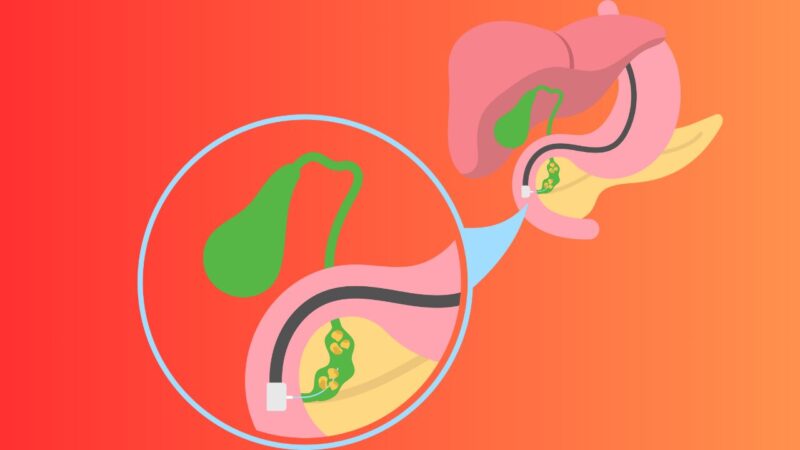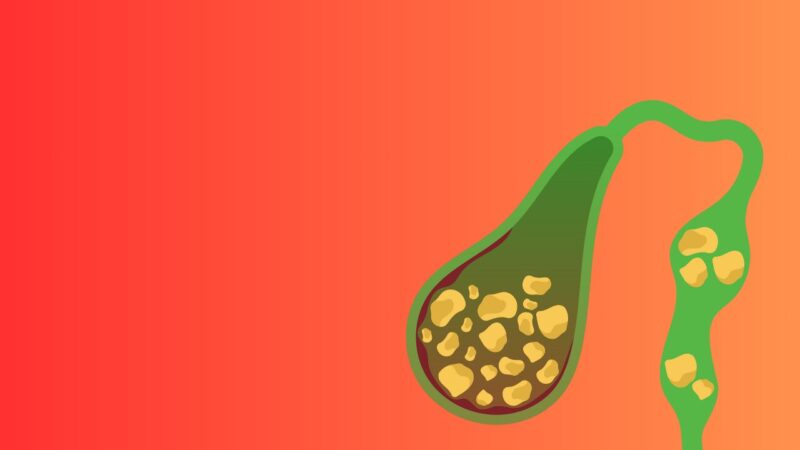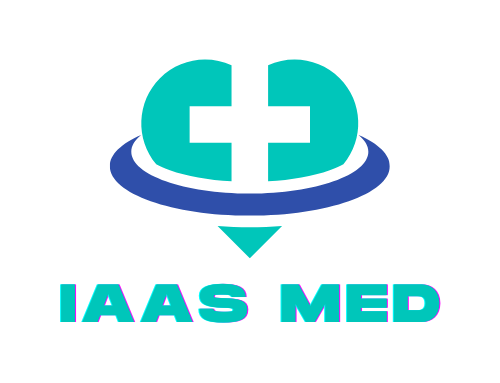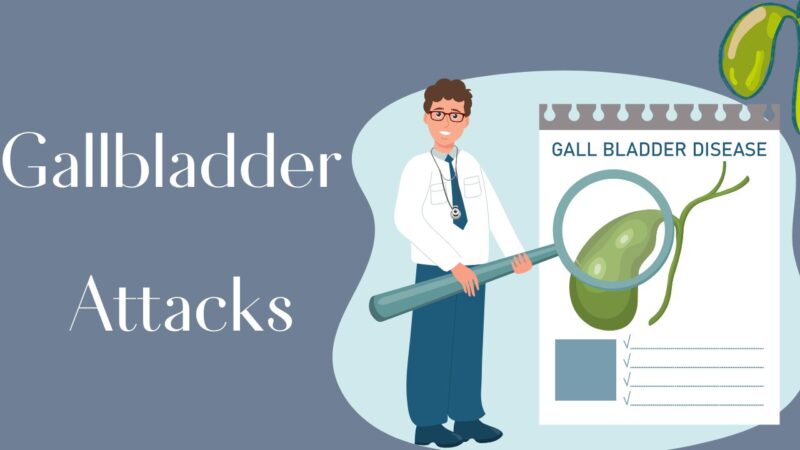If you’re living with heart disease, keeping an eye on other health concerns becomes part of the routine. But one thing that might not immediately come to mind is the risk of gallbladder attacks. Yep, it’s not just about chest pain or shortness of breath; your gallbladder could be playing a sneaky role in making things worse for your heart.
What’s the Connection Between These Diseases?
Let’s break it down:
- Obesity: Excess body weight is a double whammy. It can lead to cholesterol buildup in your arteries and also trigger the formation of gallstones in your gallbladder.
- Diabetes: Having diabetes means your body struggles to process fats and regulate blood sugar, which can increase the likelihood of both issues.
- Metabolic Syndrome: High blood pressure, insulin resistance, and abnormal cholesterol levels form the perfect storm for developing heart disease and gallbladder complications.
Given how connected these risk factors are, it makes sense that someone with heart disease should keep an eye out for gallbladder issues. One health issue can easily make the other worse.
Gallstones Impact
- Cholesterol: Gallstones typically create due to an excess of cholesterol, which also plays a big role in clogging arteries. So, if you’re prone to gallstones, you’re likely to have high cholesterol, increasing your chances of heart complications.
- Inflammation: Gallbladder disease can cause chronic inflammation in your body. And inflammation doesn’t just hang out in one spot—it can affect other systems, including your heart.
Knowing that gallstone disease can potentially increase your risk of heart disease might make you wonder: If I already have it, what does a gallbladder attack mean for me?
Why Gallbladder Attacks Are More Dangerous
Increased Strain
According to Vasudev Malik Daliparty, when you experience the intense pain and inflammation from a gallbladder attack, your ticker has to work harder. That means its rate and blood pressure can spike, which is particularly dangerous if you already have a heart condition.
Infection Risk
Mayo Clinic study explains that, sometimes, gallstones block the bile ducts, causing an infection like cholecystitis. When the body deals with infection, it triggers a systemic inflammatory response. For someone with heart disease, this increases the risk of complications like sepsis or even heart failure.
Surgical Risks
A heart patient undergoing surgery faces higher chances of complications like arrhythmias or heart failure.
Is Gallbladder Removal Safe?
For many people with recurring gallbladder issues, surgery (cholecystectomy) is often recommended. But if you have heart disease, it’s not quite as straightforward.
Tung Ching Ho’s study highlights the relationship between gallbladder disease (GD) and an increased risk of atrial fibrillation, suggesting that cholecystectomy might reduce certain heart risks. It addresses the intersection of gallbladder issues and cardiac risks.
Post-Surgery Complications
Once the gallbladder is removed, some patients experience changes in cholesterol levels or digestive problems. Since the gallbladder plays a role in processing fats, its removal can lead to increased cholesterol levels, which could potentially worsen existing heart conditions.
There’s also the possibility of digestive issues, like difficulty breaking down fats, which might indirectly impact overall health.
Frontiers research highlights a significantly higher risk of developing irritable bowel syndrome after gallbladder removal, which affects digestive health.
Surgical Risks
Heart patients are already at higher risk for surgical complications, so the idea of surgery can be nerve-wracking. Anesthesia and the surgery itself put extra pressure on the heart.
It’s important to have a thorough preoperative assessment and proper monitoring throughout the procedure to minimize risks. Make sure you discuss all potential risks and benefits with your healthcare provider before making any decisions about surgery.
How Heart Patients Can Reduce the Risk of Gallbladder Attacks

Given the heightened risk that gallbladder attacks pose to heart patients, taking some preventative steps can make a big difference. Here are some strategies to help you stay ahead of the game:
1. Maintain a Healthy Weight
Since obesity is a common factor for both heart disease and gallbladder issues, it’s crucial to keep your weight in check. A balanced diet rich in fruits, vegetables, lean proteins, and whole grains can help keep both your ticker and gallbladder healthy. Cutting down on unhealthy fats will lower cholesterol levels and reduce the risk of gallstone formation.
2. Keep Diabetes and Metabolic Syndrome in Check
If you have diabetes or metabolic syndrome, make sure you’re managing your blood sugar and cholesterol levels effectively. Regular monitoring, medications, and lifestyle changes like exercise and diet adjustments can significantly lower your risk of complications.
3. Don’t Skip Regular Check-Ups
Keep those doctor’s appointments! Regular check-ups are key for catching potential issues early. Your healthcare provider can monitor both your heart and gallbladder health, helping you avoid bigger problems down the road.
4. Stay Hydrated and Eat Regular Meals
Did you know dehydration and irregular eating patterns can contribute to gallstone formation? Drinking plenty of water and sticking to regular meals can help keep your gallbladder functioning properly. Plus, staying hydrated is great for your heart, too.
A Two-Way Street of Health

If you have heart disease, keeping an eye on your gallbladder health isn’t just a good idea—it’s essential. The same factors that put you at risk can also increase your chances of developing gallbladder disease, and a gallbladder attack can make your heart issues even more dangerous. By staying vigilant and managing shared risk factors like obesity, diabetes, and cholesterol, you can protect both your heart and gallbladder.
Ultimately, protecting your heart means paying attention to your entire body—and that includes the small but mighty gallbladder. Stay mindful, stay proactive, and you’ll be better equipped to stay healthy in the long run.
Related Posts:
- Why Swelling in the Legs Should Never Be Ignored
- How Stress and Anxiety Can Lead to Gastritis - What…
- 6 Ways to Advance Your Nursing Practice - Skills,…
- How to Make a Surgical Room More Comfortable for Children
- Why Your Healthcare Job Application Goes Unnoticed?…
- Why Full Mouth Dental Implants Are Worth the Investment















